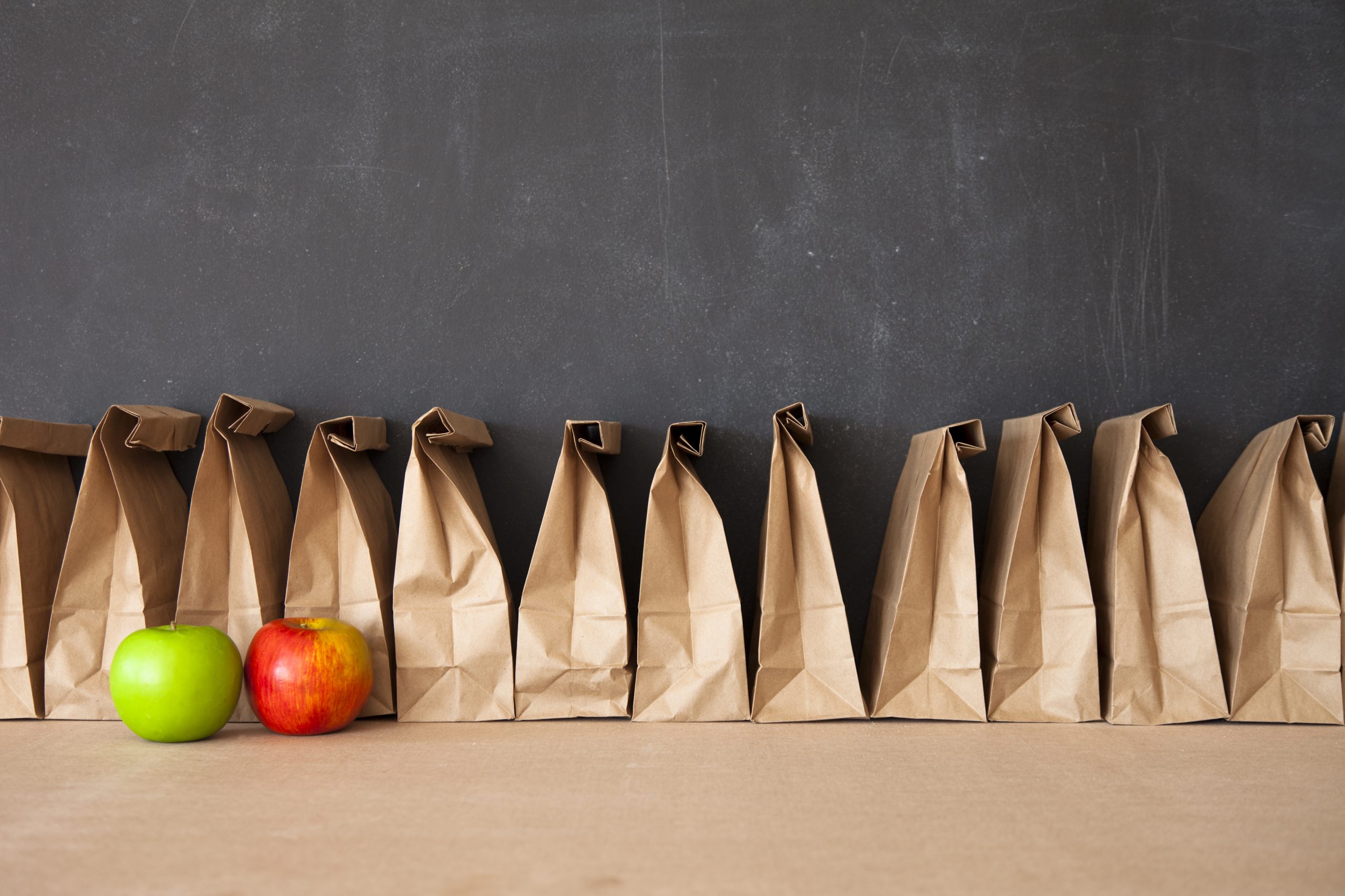
Food insecurity has long been an issue, but it’s a huge problem right now. Millions of families are without physical and/or economic access to sufficient food to meet their dietary needs. According to Feeding America, half a million people are facing hunger, and one in 12 of them are children.
Across the country, 30 million kids rely on schools for lunch every day, and more than 12 million for breakfast. For some children, the meals provided by their schools are the only meals they’ll eat in a day. Before the COVID pandemic, a family could apply for and receive school breakfast or lunch for free or at a reduced price for their child by meeting certain income requirements. Lunch was not free or reduced for all children. In many states, this is still the case.
Now, in Massachusetts, lunch is free for all students in grades K-12 — all students are eligible, no matter what.
But, the school nutrition system is complicated. Districts are reimbursed for meals served rather than meals prepared. The pandemic has presented a few challenges — many school districts have had to rally to figure out how to not only prepare safe and portable meals for kids but to get those meals to kids or get the kids to the meals. In some districts, meals are being loaded onto buses, and the bus stops have become pick-up points. Other districts have gotten help from private companies and nonprofits to get meals close enough to kids for them to pick up those meals easily.
Like many industries, school districts weren’t prepared for the pandemic. Preparing portable meals for children requires more money and manpower than usual. School nutrition programs were largely losing money before the pandemic, and they are now hemorrhaging money.
If you can, take your child to pick up breakfast and lunch from a school meals pickup point near your home. Doing so will reduce food waste and allow the school district to submit the reimbursement for those meals. Some school districts closed certain pickup points because they were too expensive to maintain and not enough families were taking the meals.
For food insecure children, these pickup points may represent a lifeline. We need as many of them open as possible. Please eat the school lunch and breakfast.












